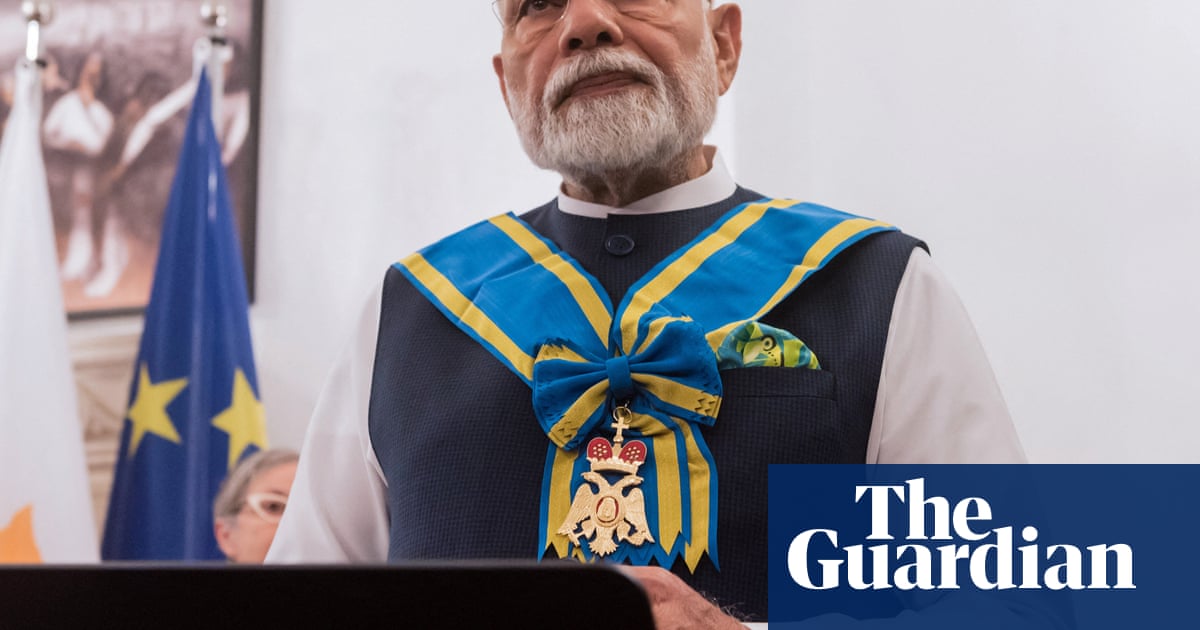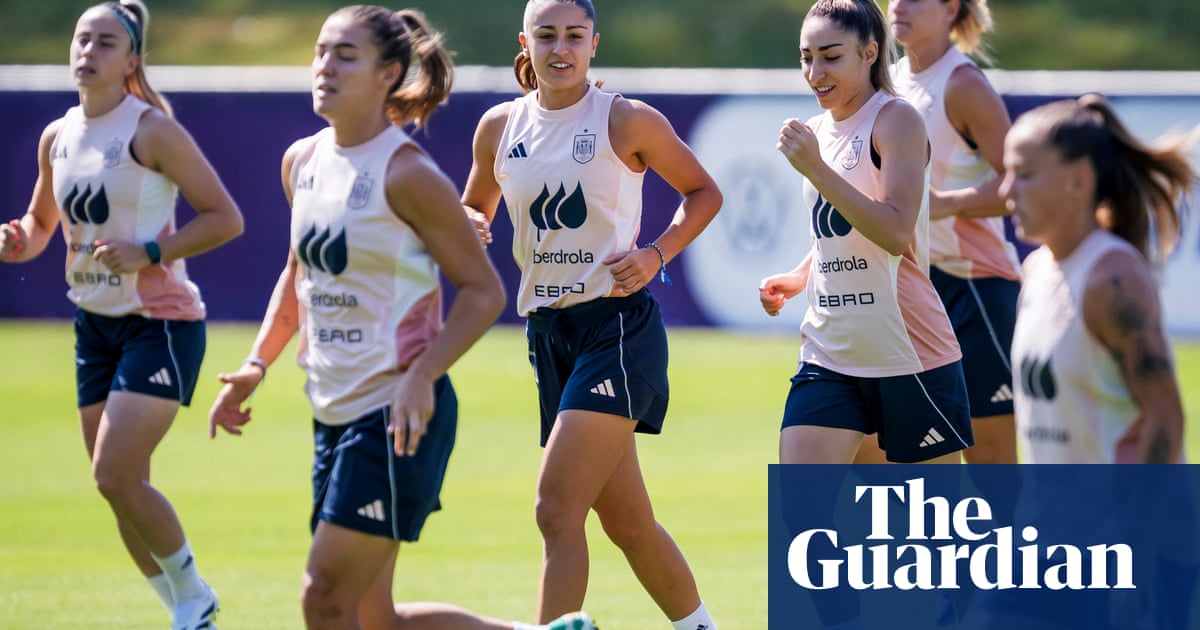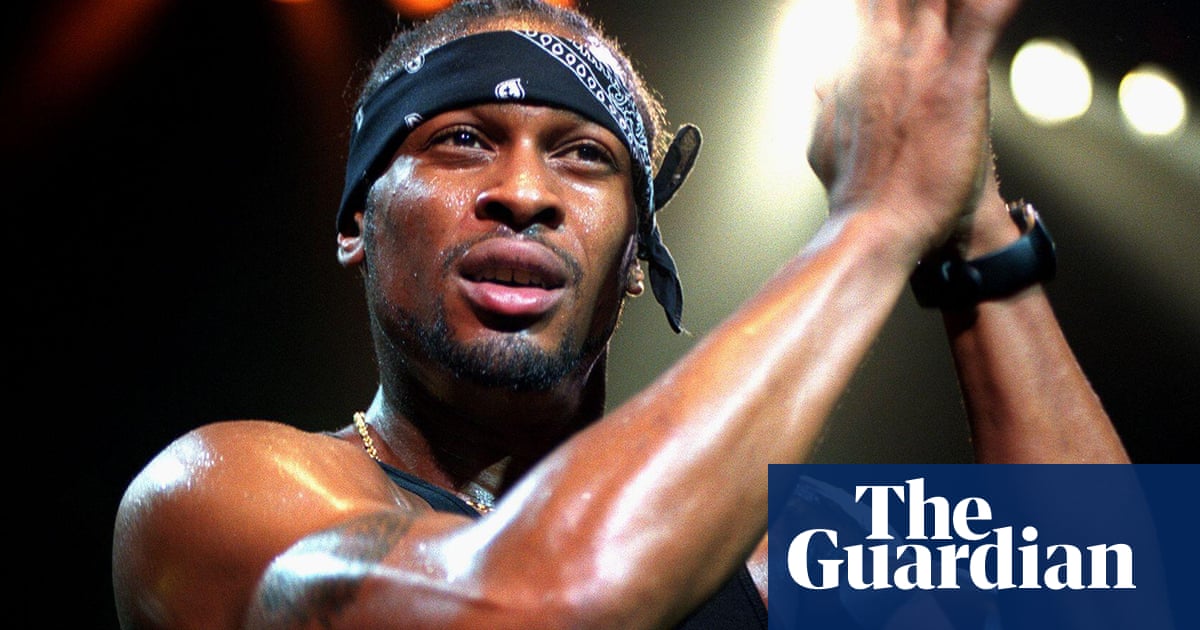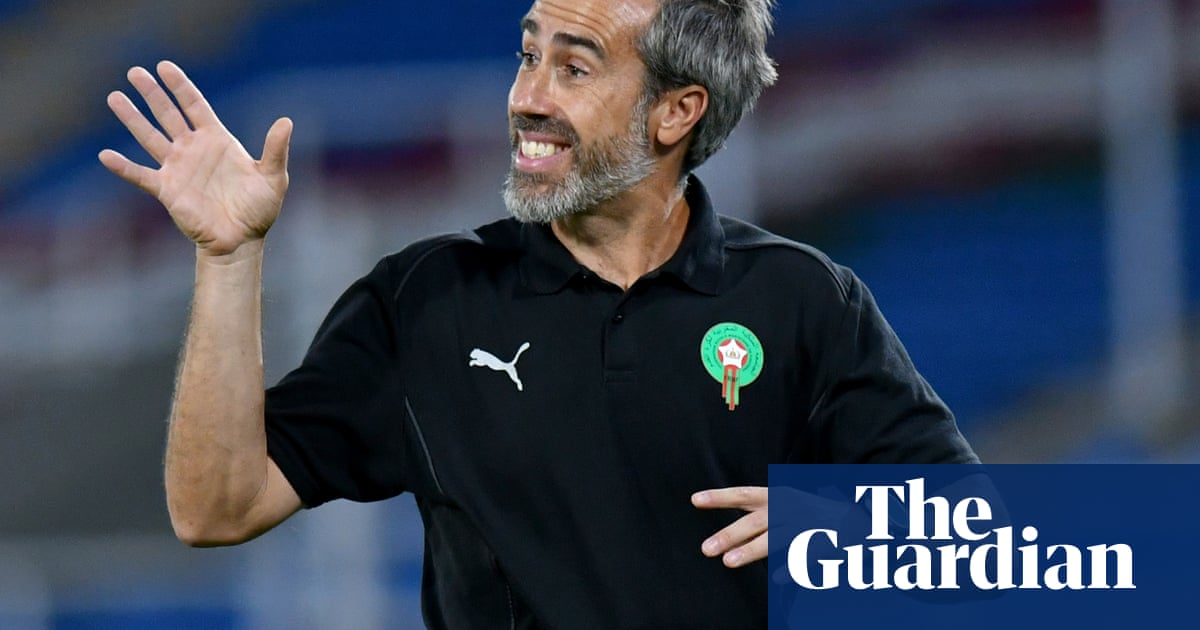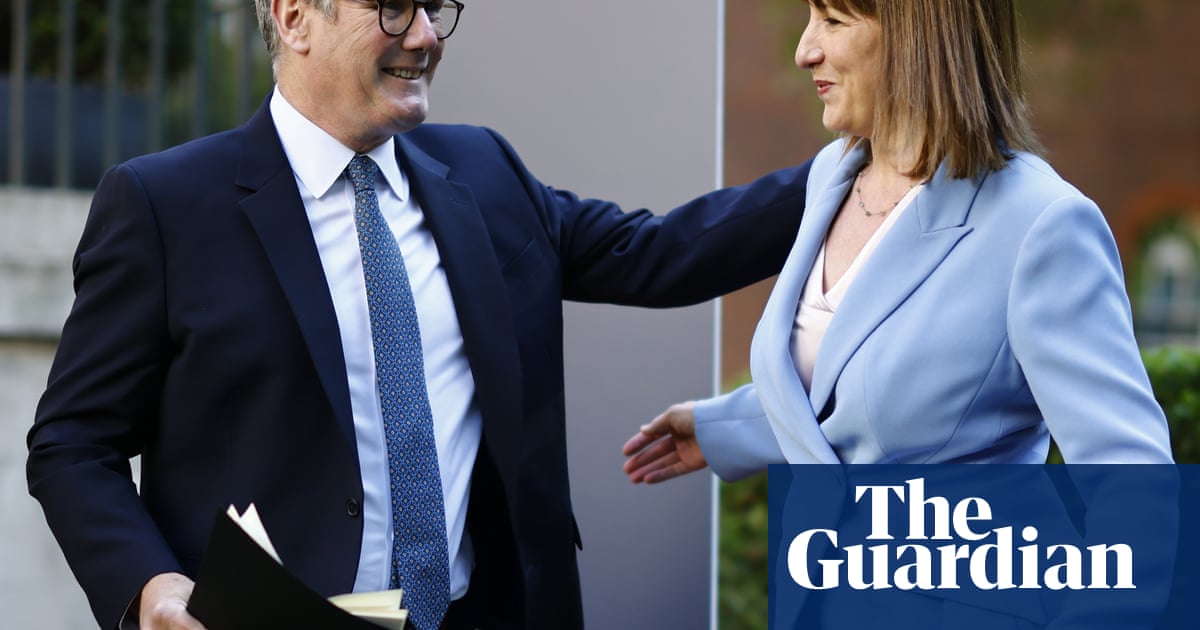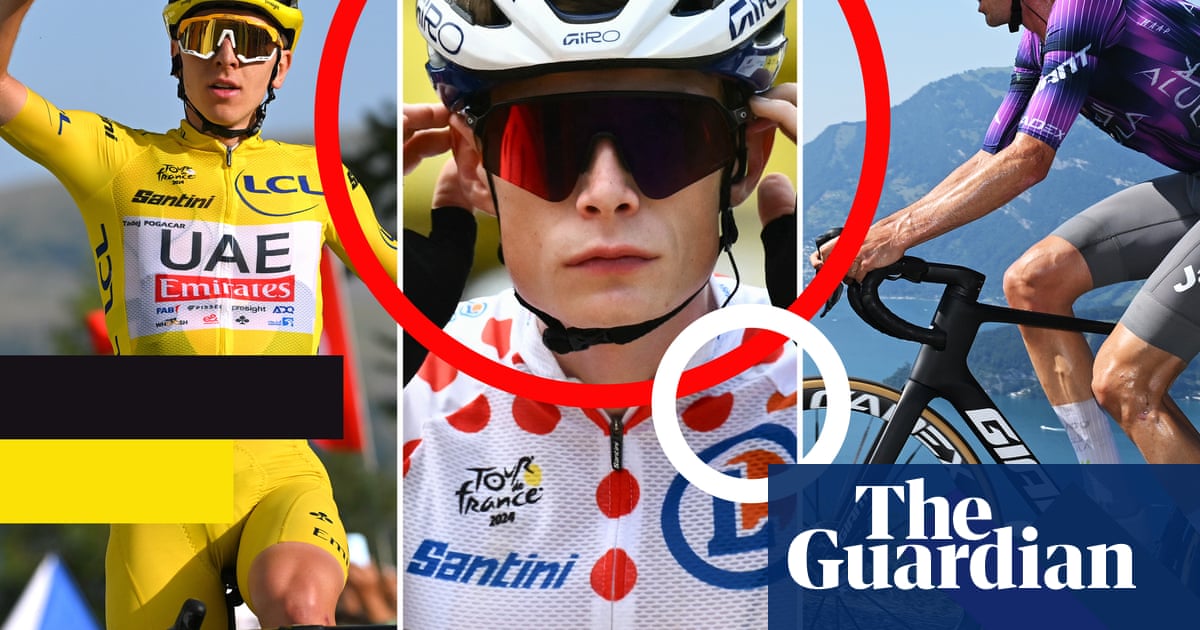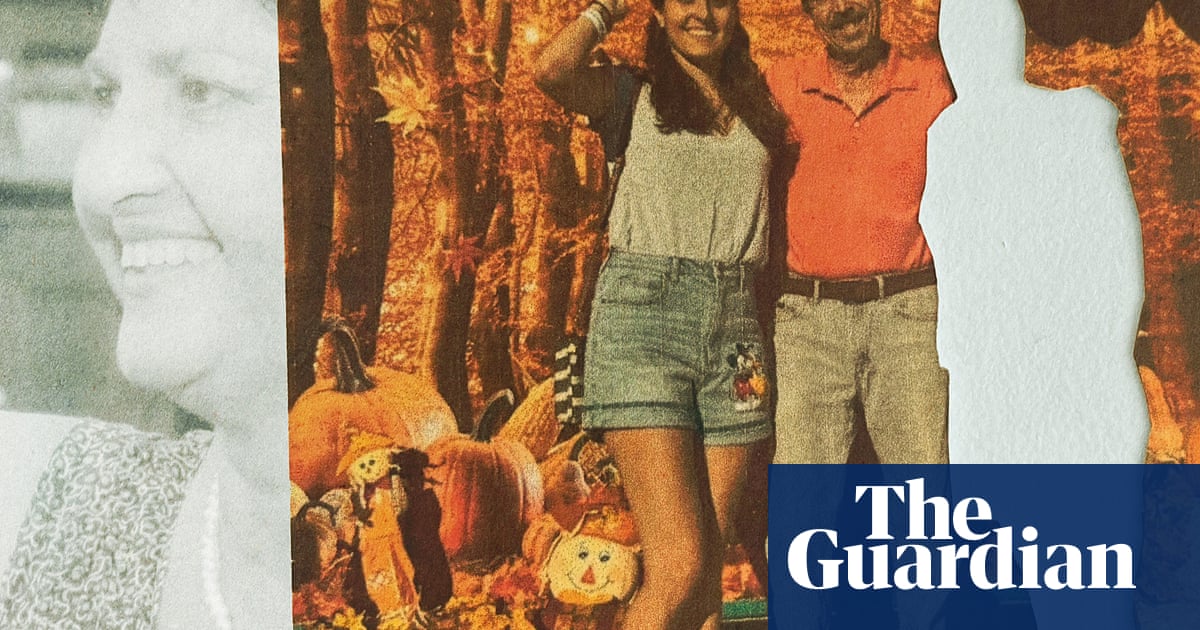Magnus Carlsen, the world No 1, soared to a new landmark in chess history last weekend, when the 34-year-old won all his nine games in the Grenke Freestyle Open at Karlsruhe, Germany.
It was a result comparable to the great historical performances. Bobby Fischer won the 1963-64 US Championship with an 11/11 “picket fence”, then defeated both Mark Taimanov and Bent Larsen by 6-0 in the 1971 Candidates. Anatoly Karpov triumphed at Linares 1994 with a 11-2 total, while further back the yardstick performance was Alexander Alekhine’s 14-1 at San Remo 1930.
However, Fide does not officially rate Freestyle chess, in which the back rank pieces have randomised starting positions. It is also known as Fischer Random, Chess 960, and Chess 9LX.
It was a remarkable victory in physical terms. Carlsen came direct to Grenke from his victory in the Paris leg of the Freestyle Grand Slam, and was fatigued by the two rounds a day schedule. His laconic post-victory comment was “I’m not going to do that again, that’s for sure!”
He relied on grinding technique for many of his wins, but scored in a complex battle against the eight-time French champion Étienne Bacrot, who asked Carlsen for a selfie before the start.
Carlsen’s final round win against Vincent Keymer, the 20-year-old who has emerged as his main Freestyle rival, was also a tense struggle until the young German blundered in time pressure with an unsound knight sacrifice. Superior clock handling has been a key to Carlsen’s success. He understands the sometimes chaotic Freestyle openings faster and deeper than his opponents.

The Grenke event produced a world record entry of 3,000 players, 500 up on 2024 and double the highest US total of 1500 at the 1986 World Open in Philadelphia. A drone’s eye view of the multiple playing halls shows the scale of the vast operation.
Just a day after Grenke, Carlsen was in action again, winning the late version of chess.com’s online Titled Tuesday. However, the Norwegian was upstaged in the early version, where the 13-year-old Turkish prodigy, Yagiz Kaan Erdogmus, became the youngest ever winner of this highly competitive event. Chess.com neglected to mention Erdogmus in its headline, but the teenager’s impressive result was underlined by his strong performance in the Grenke Freestyle Open, where Erdogmus drew with three 2700+ opponents and totalled 7/11.
Next Monday is the eighth and final episode of BBC Two’s Chess Masters: The Endgame, when the four finalists Richie, Kai, Thalia and Lula will decide the winner.
after newsletter promotion
Episode seven proved a disappointment in audience numbers, supplied by Broadcast, which dropped to 535,000 and 4% of the total viewers. Perhaps it was an effect of the Easter holiday. The highlight was a three board simultaneous performance by the prodigy Bodhana Sivanandan (seen here in action at an earlier simul in Harrow), in which the opponent she checkmated the fastest was eliminated.
If the semi-finals and final were a normal tournament with head to head pairings, Kai, who has an excellent record in Manchester weekend events, would be the favourite, but according to the BBC’s advance clip the challenge will also involve solving tactical puzzles.
It was different in BBC Two’s The Master Game of the 1970s and 80s, when Karpov, the then world champion, was twice the top seed and the other grandmasters knew that to succeed they had to defeat the Russian …
3969: 1…Qh3+ 2 Ke1 (2 Kg1 Qg2 or Nf3 mate) Ng2+ 3 Ke1 Ne3++ 4 Kf1 Qf1+! 5 Rxf1 Ng2 mate.

 2 months ago
91
2 months ago
91

